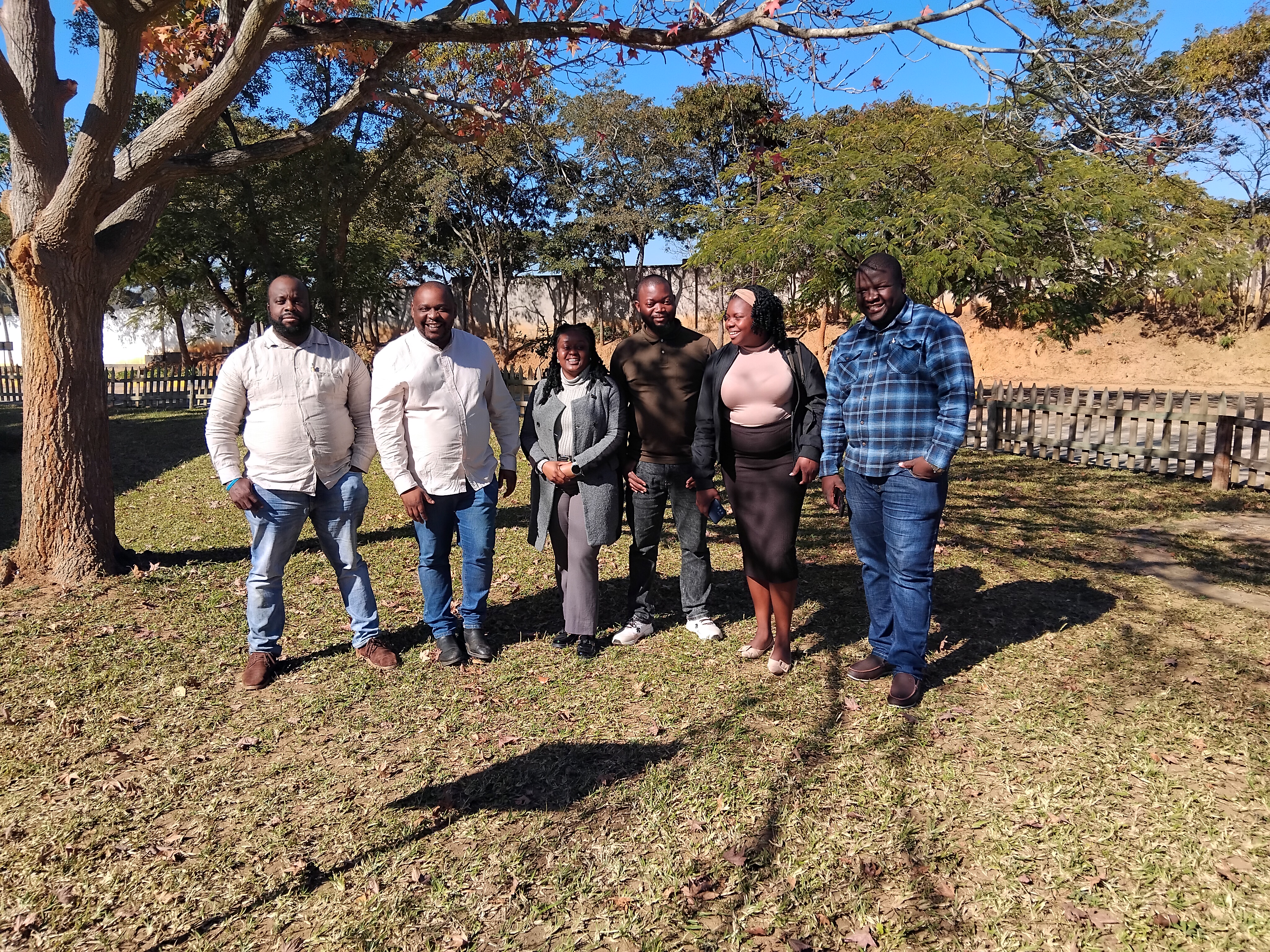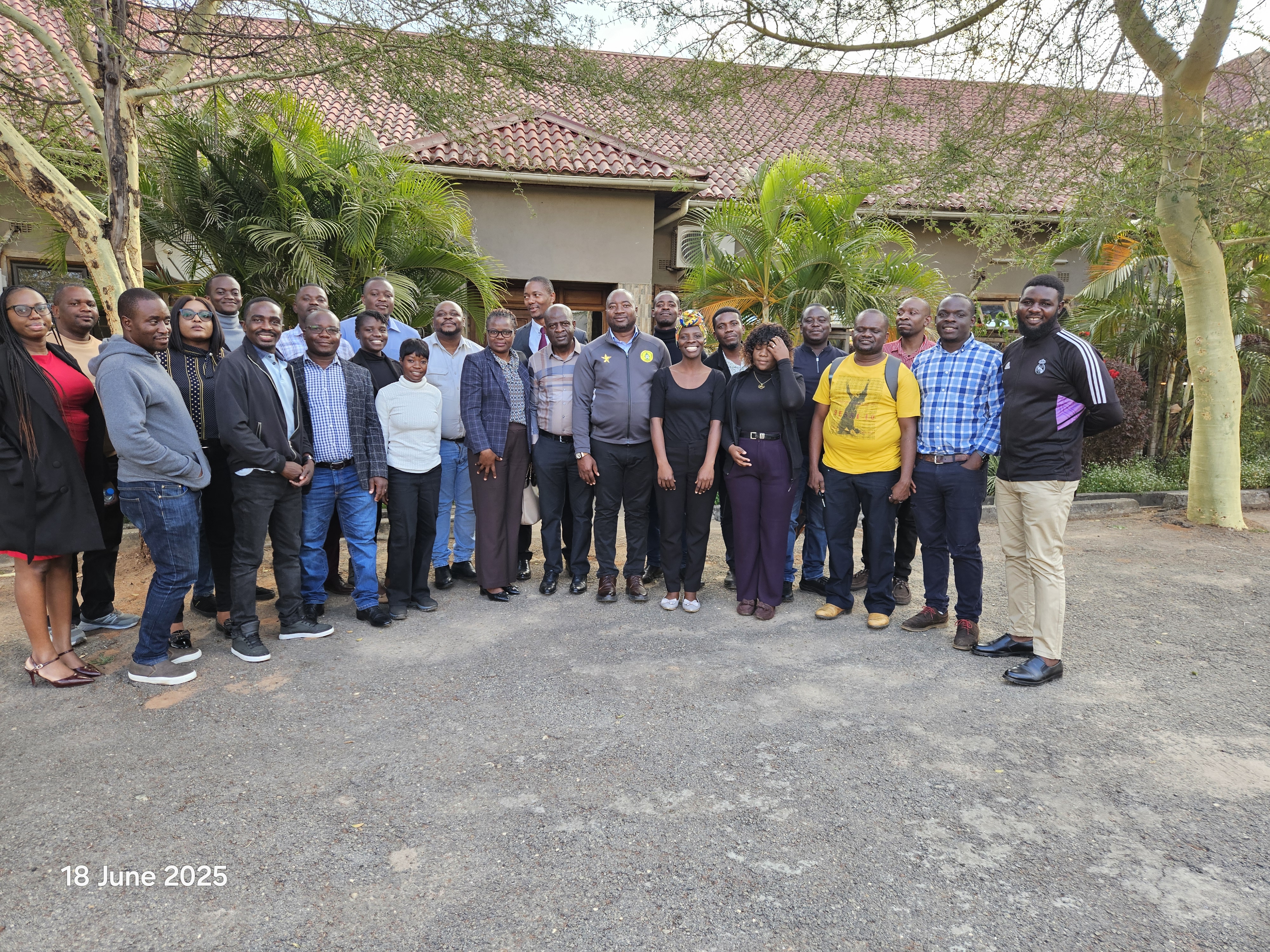In Southern Africa, governments established State-owned forestry companies as a strategic reserve to relieve pressure on natural forests and meet the ever-growing demand for timber products in the region. Over the past three decades, they have become drivers of change in their respective countries whilst and aligning their operations with globally recognized economic, environmental, and social standards. This shift marks a new era in Southern Africa's forestry sector. It is a period when state forestry enterprises are not only stewards of public forests but also as leaders in sustainability.
Pioneering the transition: SAFCOL’s early commitment
In 1997, the South African Forestry Company SOC Limited (SAFCOL), a state-owned enterprise under the Department of Forestry, Fisheries & the Environment, became one of the first global forestry companies to request for an FSC audit. Steering away from conventional plantation management, SAFCOL adopted FSC’s early demands for economic, environmental, and social accountability, signalling a profound shift in corporate culture. By 2000, its Komatiland Forests, subsidiary of SAFCOL had earned FSC certification for all 16 forest management units under its control, covering more than 187,000 hectares. This move was emblematic of SAFCOL’s recognition of the importance of sustainable forest management and market credibility. The certification improved internal management systems and boosted operational transparency.
After over than two decades of certification, the company has now embedded FSC principles as part of its day-to-day operations. SAFCOL continues to set industry benchmarks for responsible plantation management, community engagement, and ecosystem protection.
SAFCOL’s leadership set a powerful precedent, demonstrating that public enterprises can drive change by adopting global best practices. As a result, private companies also adopted certification, and there are now more than 1.4 million hectares of forestry land holdings certified under FSC Forest Management certification in South Africa.
Zimbabwe’s Allied Timbers moving towards the finish line
Allied Timbers Zimbabwe (ATZ) is one of the largest timber companies in the country, with its headquarters in Msasa, Harare, Zimbabwe. In 2007, it was rebranded from the Forestry Company of Zimbabwe (Private) Limited, which was born out of the Commercial Division of Zimbabwe’s Forestry Commission.

Following in SAFCOL’s footsteps, Allied Timbers Zimbabwe is also on the path of attaining FSC certification. Years of internal reform and investment in sustainable forestry practices the company has made the commitment to become FSC certified. . The shift reflects the company’s commitment to improving environmental stewardship, engaging with local communities, and ensuring long-term resource sustainability. ATZ is now perfectly poised for FSC certification and is working towards completing its certification requirements. Once certified, Allied Timbers will unlock market opportunities and reinforce its role as a responsible forestry leader in Zimbabwe.
ZAFFICO and Zambia’s rising momentum
Zambia Forestry and Forest Industries Corporation PLC (ZAFFICO), incorporated in 1982 and listed on the Lusaka Stock Exchange in 2020, has recently taken a significant step toward FSC certification. The company hosted an FSC standards workshop at the Njele Conference Centre on 16 – 18 June 2025 in Ndola, facilitated by the FSC Southern Africa certification programme. The workshop aimed to unpack Zambia’s National Forest Stewardship Standard and build institutional readiness for certification. With increased awareness, enhanced capacity, and stronger technical alignment, ZAFFICO has made the commitment to join the ranks of FSC-certified state-owned enterprises.

During the event, ZAFFICO reaffirmed its commitment to attaining FSC Forest Management certification, ensuring its operations align with international sustainability benchmarks and contribute to Zambia’s broader green growth agenda. Leading the delegation at the conference, Justin Tongo, Director of Plantations at ZAFFICO said “as a state-owned entity, we must set the pace for the entire industry - both in our country and across the region.
A regional movement toward responsible forestry
This growing adoption of FSC certification by state-owned forestry companies is more than an administrative shift, it is a regional movement. It reflects an understanding that sustainable forest management is not only a moral business imperative but also a commercial advantage. FSC certification opens doors to markets, attracts responsible investment, and enhances public trust in how national forest resources are managed.
FSC Southern Africa remains committed to supporting these institutions throughout their certification journeys, providing guidance, training, and technical support to ensure certification, long-term compliance, and lasting impact.
